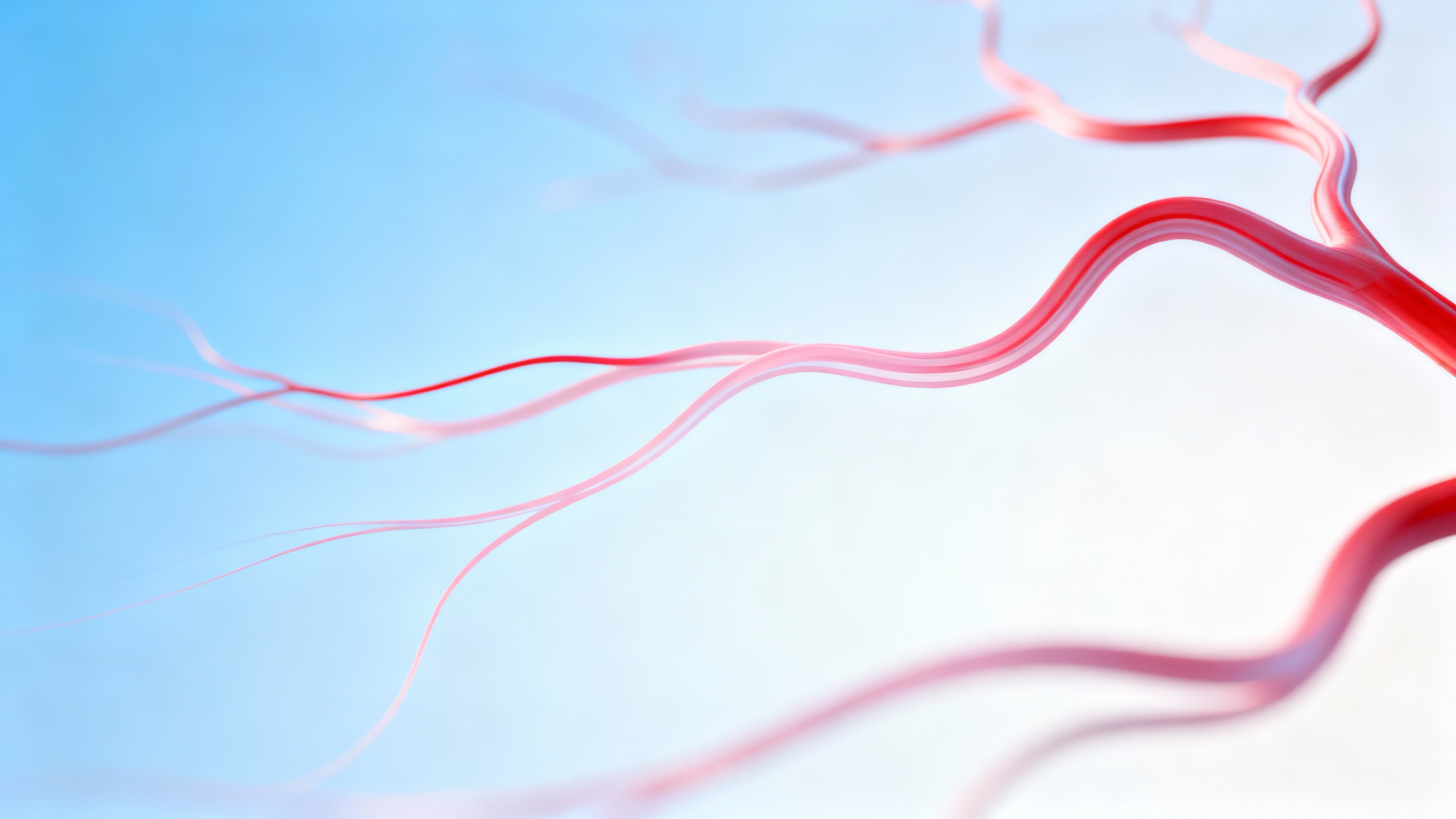Published 15 March 2021
What Type Of Skin Condition Is Shingles?

If you’ve suffered from chickenpox, you probably remember the fever and the intense itching and a parent swabbing your body with calamine lotion. And do you remember someone telling you that you won’t have to worry about chickenpox anymore since you can only catch it once?
While it’s true that most people who have had chickenpox won’t break out in that itchy rash again, the virus that causes chickenpox can lie dormant in your nerves for years until something triggers it to become active again. The result is much more severe than a little fever and itching. When the virus becomes active again, the illness is known as shingles. About one in five people who have had chickenpox will develop shingles. You’re at risk if you’re over 50 or if your immune system is down because of an illness, recent surgery, or stress.
An attack of shingles begins with a fever, chills, and a tingling sensation along a nerve pathway in your body. The tingling eventually becomes a burning or shooting pain. As if that’s not enough misery for one person, a few days later, a blistery, itchy rash breaks out, much like the one you had with chickenpox. But this time, the rash follows the line of the affected nerves. You’re most likely to get the blisters somewhere on your midsection, but occasionally they appear on the face, arms, or shoulders. After a few days, the sores form a crust, but symptoms can last anywhere from 10 days to five weeks. The virus is contagious during the blistering stage, but once the rash has scabbed over, you can’t spread it.
If you’ve had chickenpox, look out for these warning signs:
- A line of pain, itching or burning on one side of your body. Because the virus lives in nerves, the pain follows the line of a nerve. These symptoms may begin as much as two weeks before any blisters form.
- Small blisters rising in a line on one side of your body when you know you didn’t burn yourself. The fluid in the blisters is usually clear for the first couple of days, then it turns cloudy. Eventually the blisters will crust over and heal, though pain may continue.
- Fever and fatigue.
Don’t neglect this medical emergency. If you have the symptoms of shingles, you should see a doctor immediately. If not treated quickly, shingles can do permanent damage to your nerves and cause intense pain that may never go away. It can cause permanent scarring, and it may even damage your eyes.
The receptionist who schedules the doctor’s appointments may have no idea that your blisters need immediate treatment. Don’t let him put off your appointment for later in the week. Several prescription drugs can fight the virus that causes shingles, but you must start taking the drugs within 72 hours after the blisters form to get the best results.
While shingles is not an illness you can care for with home remedies alone, you can relieve your pain while you wait for the antiviral drugs to run their course. Mix crushed aspirin with body lotion for a pain-relieving cream. Crush one 325-milligram aspirin tablet and mix with two tablespoons of petroleum jelly. Rub it on the affected area three or four times a day. The skin absorbs the aspirin quickly, so you won’t have to wait long for relief. Applying the lotion may be quite painful, but the relief from shingles will be worth the wait.
What is the best ointment for shingles? Pepper cream may bring relief. It may feel like a fire is blazing on your skin, so the last thing you would want to do is rub chili peppers on the shingles blisters. But once the blisters have healed, a nonprescription cream containing capsaicin, may work wonders to relieve your pain.
Cool off with a compress
Compresses made of towels moistened with water can help relieve the pain.
Get some rest
You may want to stay in bed at first. Stretching skin that’s blistered, even with the smallest movements, can cause intense pain.
Don’t spread the virus
Keep in mind that if you have shingles, you can spread the virus to others and cause chickenpox. You should be especially careful around small children who have not had chickenpox. The good news is that, like chickenpox, you should only get shingles once. And if you can keep your immune system strong with a healthy diet and exercise, you may never get shingles at all.
